Explore the dynamic world of Open Educational Resources and discover how OER Africa is driving the movement forward. This page is divided into two sections:
Articles: Our articles aim to deliver insights on OER-related themes that inform, spark conversation, and engage with the developing open education landscape, with a particular focus on Africa.
Updates: Below, the articles, you'll find updates on OER Africa’s latest initiatives, activities, and contributions to the OER community.
Articles
This section features targeted articles crafted specifically for educators, students, and the global Open Educational Resources (OER) community. The articles examine themes related to OER, offering insightful perspectives and information. The content seeks to inform, prompt discussion, and actively engage with the dynamic landscape of open education, particularly within the African context.
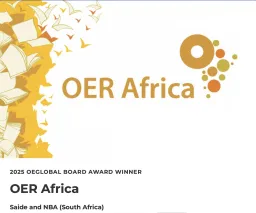
2025 OEGblobal Board Award Winner- OER Africa (Saide and NBA - South Africa). Open Education Global has recognised OER Africa’s outstanding work in advancing Open Education and awarded it OEGlobal Board Award for Organizational Leadership. The Award was specifically for Organizational Leadership. We are proud to be recipients of this prestigious Award and for the listing of OER Africa on the pages of 2025 Board Award Winners.

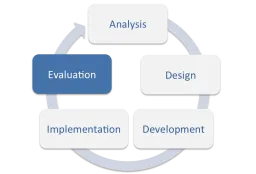
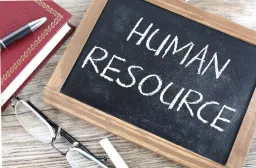
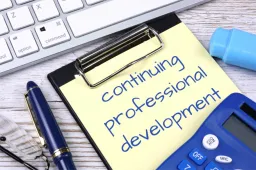
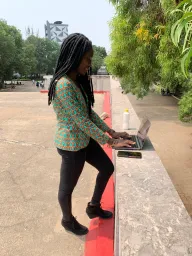
Updates
This section provides updates on OER Africa’s initiatives and activities. Stay informed about our contributions to the OER community and how we are driving the open education movement forward.

COL has identified the development of OER as a potential answer to the challenges of access to relevant learning resources to ensure inclusive and equitable quality education. Provincial/regional OER policies and guidelines were developed in Sri Lanka, Botswana, and Cameroon involving provincial/regional education policymakers.

The Open Pedagogy Notebook has been set up by Rajiv Jhangiani from Kwantlen Polytechnic University in British Columbia and Robin deRosa from the Plymouth State University in New Hampshire. They are encouraging online submissions of examples of open pedagogical practices from practioners throughout the world.
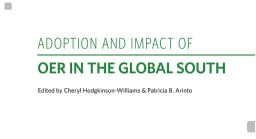
This volume examines aspects of educator and student adoption of OER and engagement in Open Educational Practices (OEP) in secondary and tertiary education as well as teacher professional development in 21 countries in South America, Sub-Saharan Africa and South and Southeast Asia.
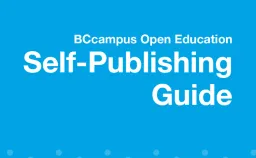
The BCcampus Open Education Self-Publishing Guide is a reference for individuals or groups wanting to write and self-publish an open textbook. This guide provides details on the preparation, planning, writing, publication, and maintenance of an open textbook. This looks like a very useful resource for the OER Africa partners.
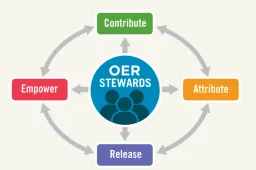
An important new resource has just been timeously released during Open Education Week. The question of “what makes a good actor or not” in OER is one that Lisa Petrides, founder and CEO of the Institute for the Study of Knowledge Management in Education, has addressed in a new guide for OER stewardship.

